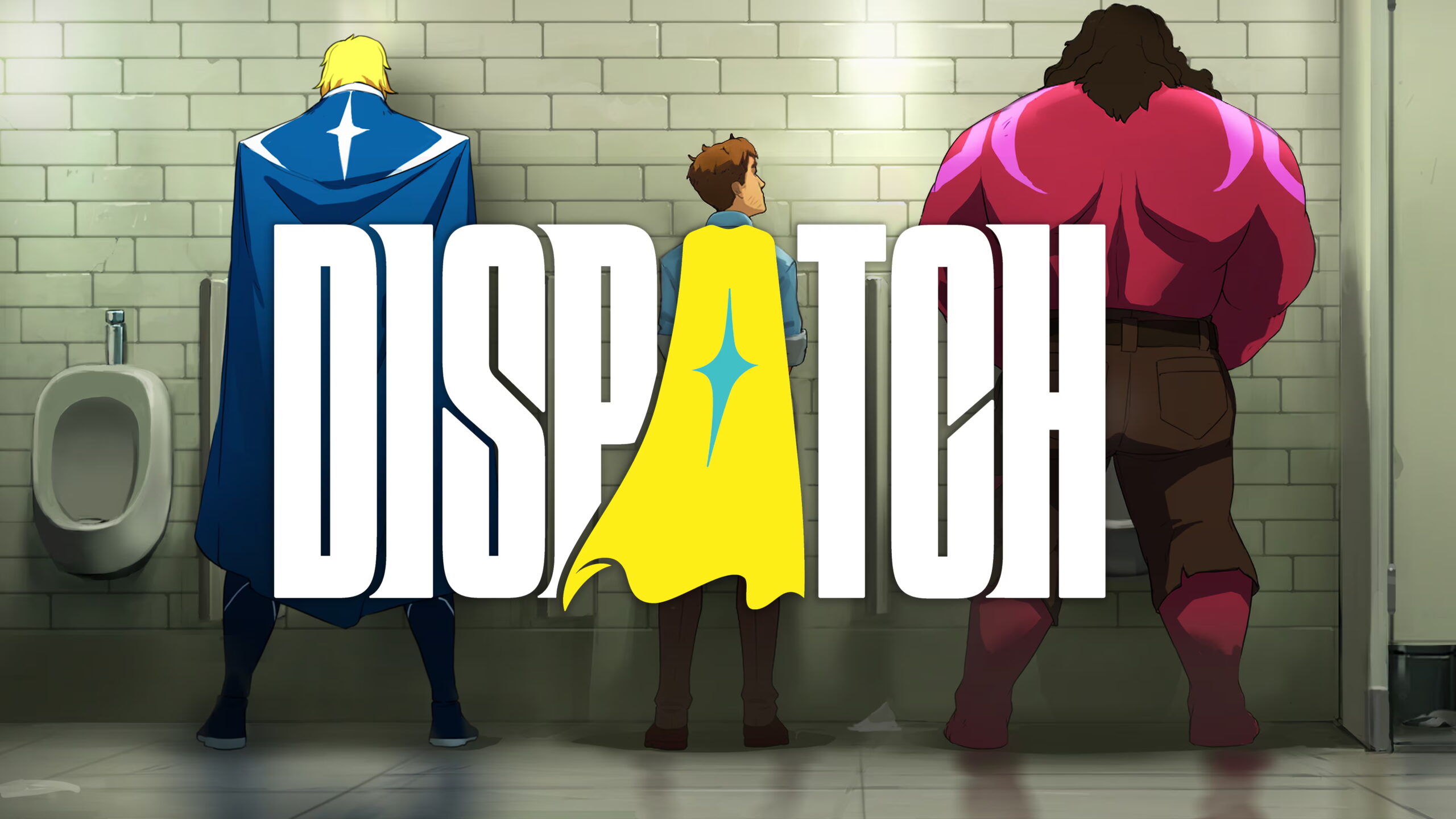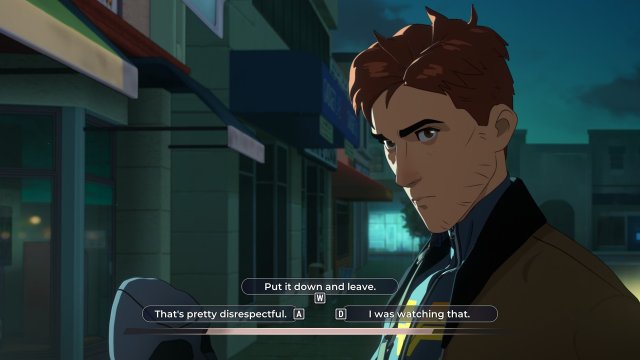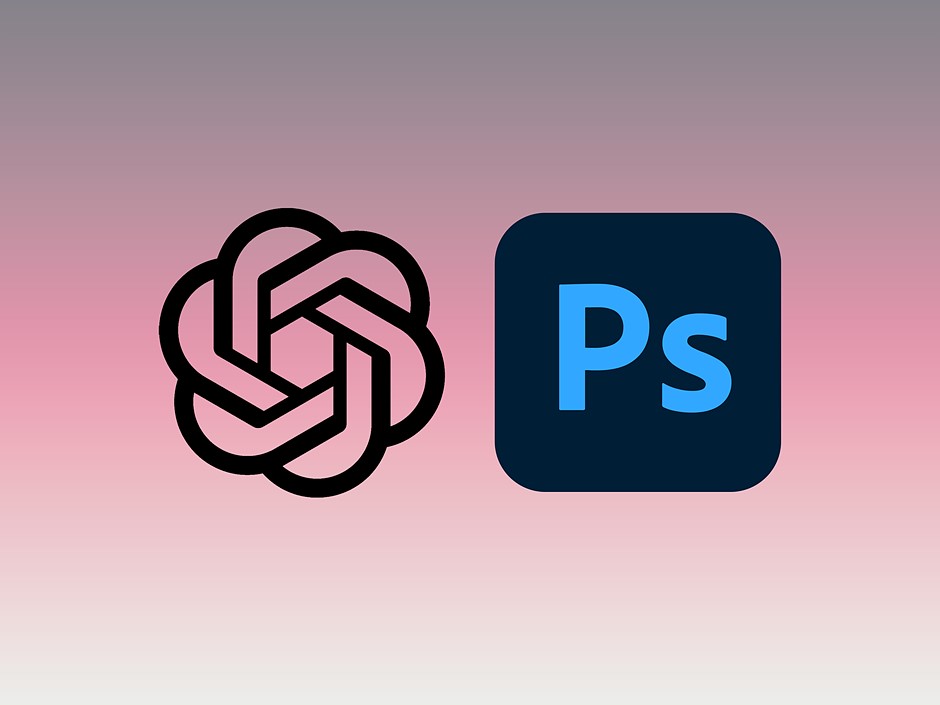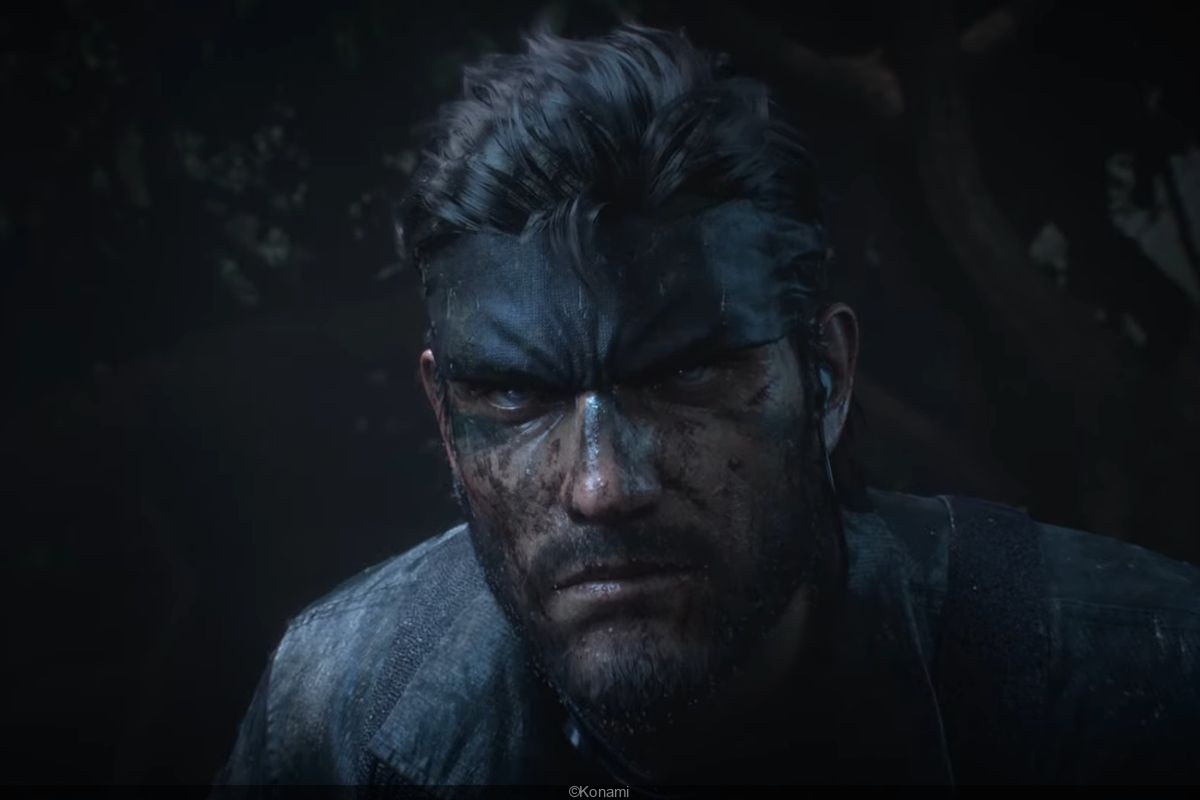
Dispatch: Inside AdHoc Studio’s Superhero Office Satire

By Brian K. Neal
In Dispatch, AdHoc Studio transforms the superhero genre into something startlingly human — a workplace comedy disguised as a narrative-driven game. The story follows Robert Robertson III, once known as “Mecha Man,” a legacy hero whose high-tech suit explodes in a mission gone wrong, forcing him out of combat and into a new role at the Superhero Dispatch Network. From there, the capes and explosions fade into ringing phones, digital maps, and the weary faces of heroes waiting for direction. What could have been a punchline becomes a deeply engaging story about purpose, bureaucracy, and what it means to matter when the spotlight’s gone.
AdHoc Studio, founded by former Telltale Games veterans, has always excelled at emotional storytelling, and Dispatch carries that DNA proudly. The writing is sharp, dryly funny, and deeply aware of the absurdities that come with both heroism and office life. Aaron Paul lends his voice to Robert, infusing him with a blend of exhaustion and reluctant idealism that makes every dialogue choice sting just a bit more. As dispatchers, players assign heroes to emergencies, juggle cooldowns, and manage personalities, all while uncovering the quiet corruption within the network. It’s less about saving the world and more about learning how to live in it when the world no longer worships you.
Gameplay unfolds through an evolving mix of branching dialogue, real-time strategy maps, and cinematic storytelling that feels closer to prestige television than traditional gaming. The presentation—complete with animated cut-scenes and stylized comic framing—pulls inspiration from The Boys and Archer, but with an emotional backbone that keeps it grounded. What’s most striking is how the humor never overshadows the pathos. When Robert argues with his ex-teammates or stares at the wreckage of his old mech suit, the writing gives us a man unlearning glory in exchange for growth.
Where Dispatch succeeds most is in tone. It’s not another superhero power fantasy—it’s a deconstruction wrapped in empathy. The former villains you now manage are fully realized personalities, with their own insecurities and ambitions. Every decision you make as dispatcher has consequences, whether it’s sending the wrong hero to a mission or letting a personal bias influence a call. While some reviewers have noted that the early episodes don’t yet push the branching paths far enough, AdHoc’s worldbuilding and performances more than make up for it. There’s a rhythm to the pacing, each episode ending with a quiet gut-punch or a cliffhanger that keeps you waiting for the next drop.
Visually, the game is as cinematic as anything AdHoc’s team has produced before—each shot framed like a panel from a graphic novel, full of rich lighting and minimalist color palettes that make every decision screen feel like an editorial spread. For players used to open-world chaos, Dispatch might feel restrained, but that restraint is its strength. It forces you to focus on the people, not the powers.
In a market obsessed with sequels and spectacle, Dispatch feels refreshingly intimate—a story that asks not how you’d save the city, but how you’d keep going once it no longer needs saving. It’s a witty, melancholic portrait of the modern hero and, by extension, the modern worker: overqualified, underappreciated, and still trying to do the right thing in a broken system. AdHoc Studio proves once again that the most powerful stories aren’t always about who wins the fight, but who answers the call.







